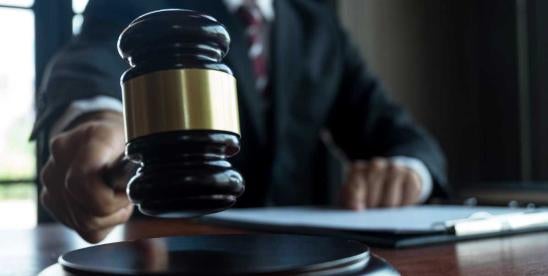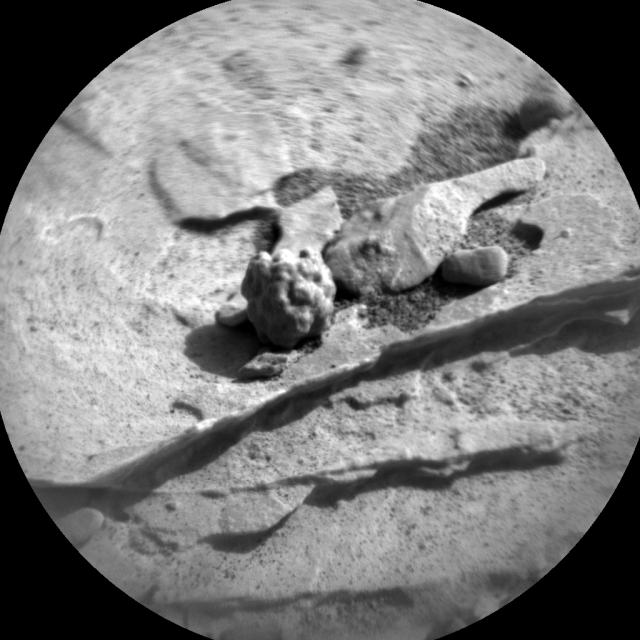In the digital age, we have unprecedented access to vast amounts of information, thanks to the internet. While this is a great advantage, it also presents challenges, particularly in terms of the spread of misinformation. One major concern is the issue of fake news, which affects not only mainstream media but also top scientific journals. To tackle these challenges, some universities now offer courses on how to verify the accuracy and reliability of news reports and claims in the media.
However, even with these efforts, it’s unlikely that all junk science will be caught. Pseudoscience, or “junk science,” can arise from poorly conducted studies or a misinterpretation of scientific data. Relying on junk science can have significant consequences, especially in legal settings where both plaintiffs and defendants use scientific evidence and expert testimony to support their cases. It’s crucial for attorneys to be well-informed about the quality of the science being presented in court and to be able to challenge any use of junk science by opposing counsel.
Research has shown that individuals with higher levels of education are less likely to accept pseudoscientific claims, highlighting the importance of critical thinking skills. With juries composed of individuals from diverse backgrounds, there is a risk that junk science presented as expert evidence could influence the outcome of a case. Therefore, it’s essential for attorneys to be vigilant about the integrity of the science being relied upon and to be prepared to address any attempts to introduce junk science in the courtroom.



